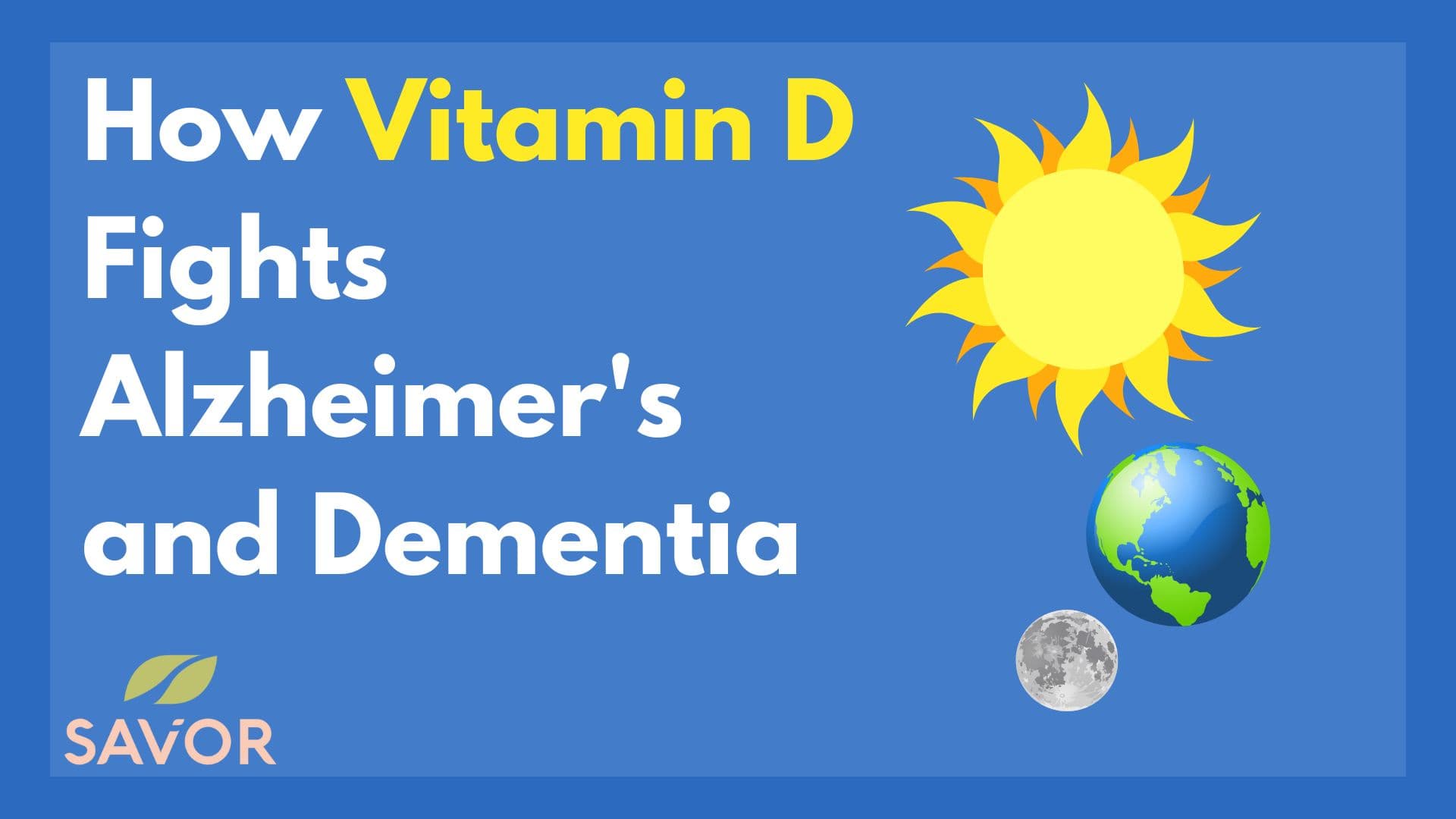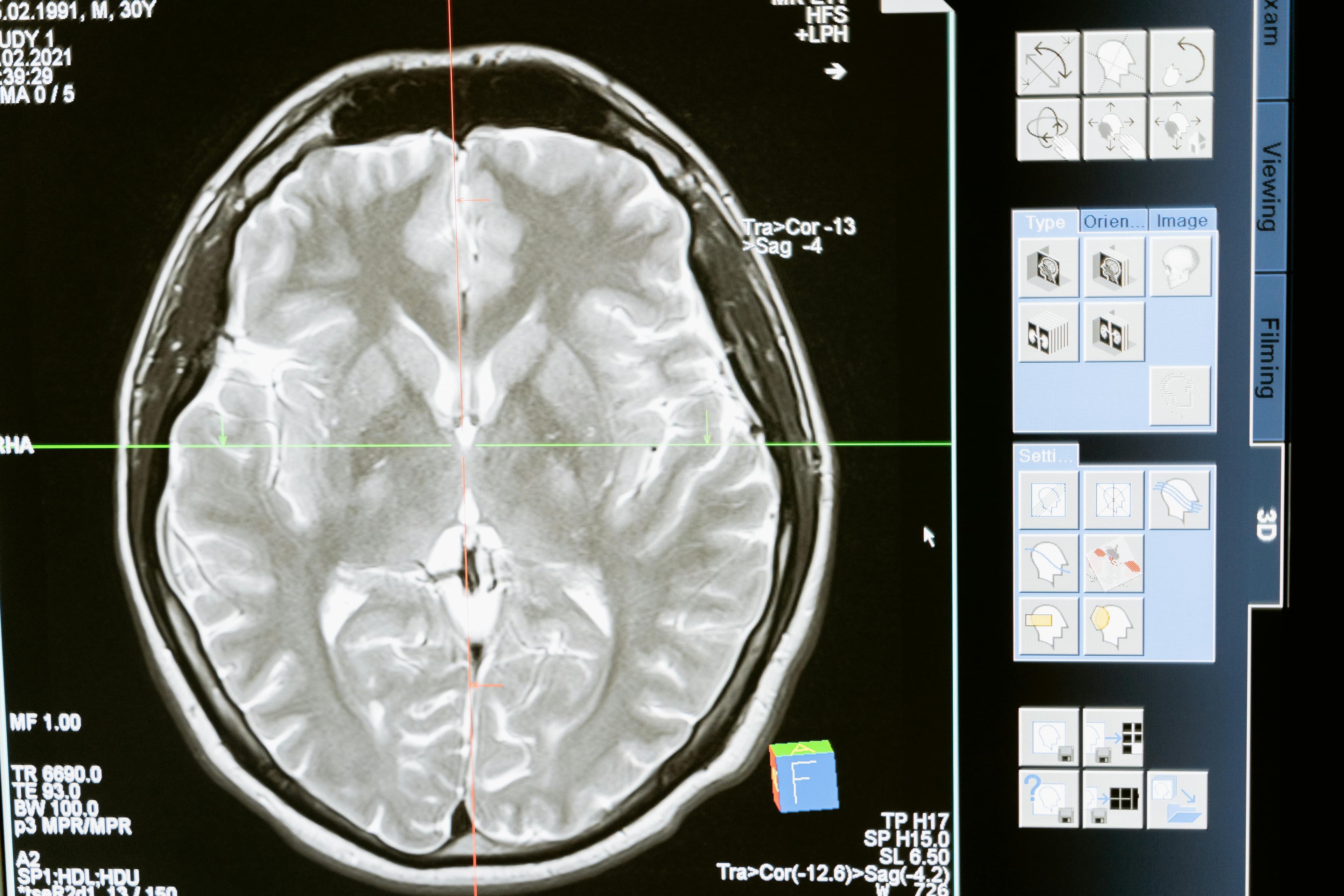How Vitamin D Fights Alzheimer's and Dementia
In recent years, Vitamin D has become a major factor in brain health, with new evidence suggesting it plays a huge role in preventing brain decline, dementia, and even Alzheimer's disease.

How Vitamin D Fights Alzheimer's and Dementia
In Barbara O’Neill’s book SUSTAIN ME, the opening chapter is dedicated to the importance of sunshine. And why is sunlight so important, you ask? It’s because of how it interacts with our body to produce Vitamin D.
In recent years, Vitamin D has become a major factor in brain health, with new evidence suggesting it plays a huge role in preventing brain decline, dementia, and even Alzheimer's disease.
Often referred to as the "sunshine vitamin" because our bodies produce it when exposed to sunlight, vitamin D is now recognized for more than just its role in bone health. Here's why it's vital for your brain—and how to make sure you're getting enough.

Vitamin D and Brain Function: The Science
Vitamin D receptors are widely distributed throughout the brain, particularly in areas responsible for memory.
According to experts, Vitamin D acts more like a hormone, influencing various neurological processes. It helps regulate the immune system, reduces inflammation, and supports the clearance of amyloid plaques: protein buildups that are a hallmark of Alzheimer's disease.
Recent studies, including those summarized by Harvard Health and Medical News Today, show that individuals with low levels of vitamin D are significantly more likely to develop dementia. One study found that severe deficiency in vitamin D was associated with a more than twofold increased risk of developing dementia, including Alzheimer’s disease.

Can Vitamin D Really Prevent Dementia?
Evidence highlighted by Verywell Health suggests that Vitamin D reduces the risk of dementia by as much as 40%.
Early intervention—ideally before symptoms of cognitive decline appear, seems to be key.
Older adults, in particular, are at risk of Vitamin D deficiency due to reduced skin synthesis and limited sun exposure. Taking more vitamin D can be a simple yet powerful tool in maintaining mental health as we age.

Sunshine: Nature's Best Source of Vitamin D
Despite the availability of supplements and fortified foods, natural sunlight remains the easiest way to obtain vitamin D. Just 10 to 30 minutes of midday sun exposure a few times a week can significantly boost your levels, depending on skin type, location, and time of year.
Spending time outdoors not only helps your body produce vitamin D but also promotes overall well-being. Light physical activity like walking in nature can enhance mood, improve sleep, and reduce stress—all of which support brain health.

Tips to Boost Vitamin D Levels
Get regular sunlight exposure: Aim for short periods in the sun without sunscreen on your arms and face, but avoid prolonged exposure to reduce skin cancer risk.
Eat vitamin D-rich foods: Fatty fish (like salmon and sardines), egg yolks, and fortified dairy or plant-based products are good sources.
Consider supplements: Especially in winter or if you have limited sun access. Always consult with a healthcare provider before starting any new supplement regimen.

Are You Getting Enough?
Vitamin D’s influence extends well beyond bones and into the realm of brain health. As science continues to uncover its neuroprotective properties, maintaining adequate levels of this essential nutrient could become a cornerstone in the prevention of Alzheimer’s and other forms of dementia. With a combination of sunshine, nutrition, and smart supplementation, you can take proactive steps to protect your brain and promote long-term cognitive vitality.
Sources:
VeryWell Health—Can Vitamin D Protect Your Brain? Study Links It to 40% Lower Dementia Risk
Medical News Today—Can taking vitamin D supplements help prevent dementia?
Harvard Health—Low vitamin D levels may increase odds of dementia
Mind Body Green—A Neurologist's Top Tip For Preventing Alzheimer's? Healthy Vitamin D Levels
Check our Dr. Eddie's post on how low Vitamin D levels correlates with cognitive decline:
One surprising and easy-to-reverse factor associated with cognitive decline: Vitamin D levels.
Love great food and exclusive perks? Sign up as a Savor of Life member today and enjoy a FREE Buffalo Cauliflower with your main dish! Don't miss out—join now!
👉 Claim your reward here: Savor of Life Membership Offer
Planning an event? Let Savor of Life bring the flavors to you! From social gatherings to large celebrations, our catering services offer delicious, high-quality meals tailored to your needs.
📅 Book now and make your event unforgettable! → Savor of Life Catering
Ready to transform your wellness with specially made meals? Sign up for our Savor Transform 10-Day Challenge and enjoy exclusive perks, special offers, and unforgettable meals!